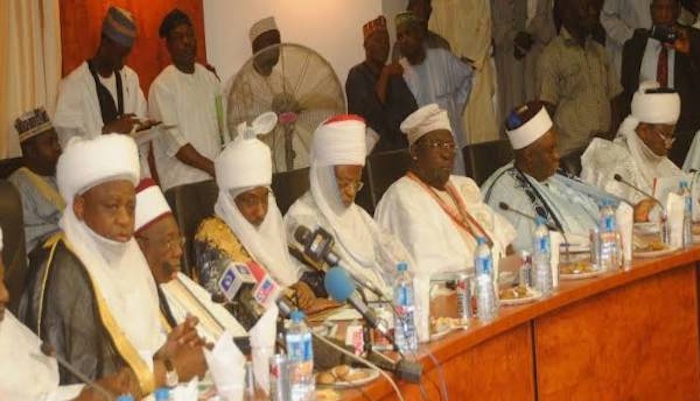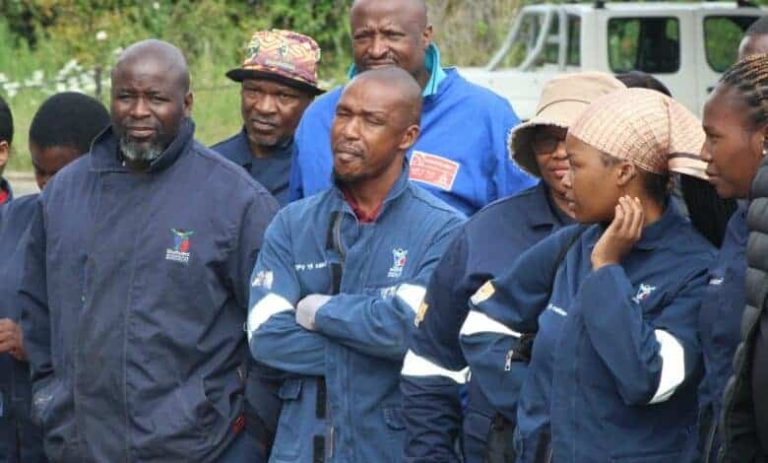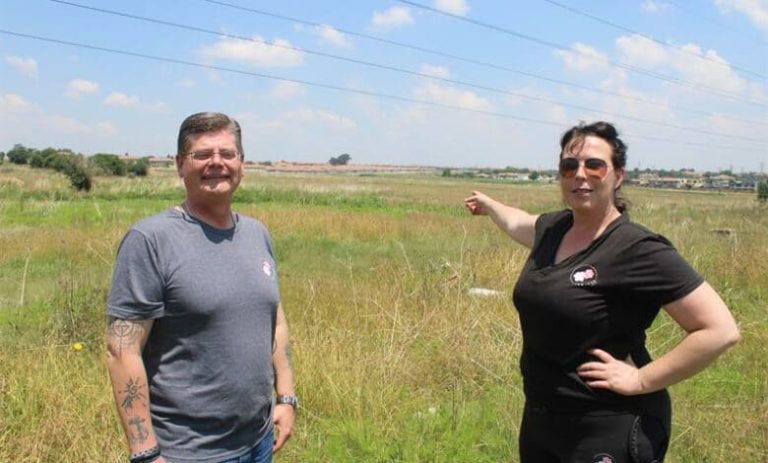
The Northern Elders Forum (NEF) on Monday, announced the establishment of the Northern Nigeria Economic Development Council (NNEDC), a new coordinating body to drive industrialisation, attract investment, and harmonise development policies across the northern region.
The announcement followed the successful conclusion of the Northern Nigeria Investment and Industrialisation Summit (NNIIS) in Abuja, where participants pledged over $10 billion in new investments across mining, agriculture, and power.
In a communiqué signed by the Chairman of the NEF Board of Trustees, Prof. Ango Abdullahi, the Forum said the NNEDC would serve as the institutional framework for implementing a Northern Nigeria Economic Development Masterplan, focusing on security, policy coherence, and private capital as pillars for the region’s economic transformation.
The two-day summit, themed “Unlocking Strategic Opportunities in Mining, Agriculture, and Power (MAP 2025),” brought together an extensive coalition of stakeholders, including Federal Government officials, northern governors, the NNDC, private sector leaders, development partners, financiers, academics, and civil society representatives.
He said: “The summit also featured exhibitions of investment opportunities by the 19 Northern Nigerian States’ Investment Promotion Agencies and Corporate Sponsors and Deal Room/Matchmaking (B2B, B2G) sessions. Major investments across Mining, Agriculture and Power worth over $10 billion were pledged over the next 5 years.”
Delegations from Turkey, India, Canada, Bangladesh, South Africa, and Saudi Arabia also attended, expressing readiness to invest billions of dollars in the region’s growth sectors.
The summit featured strategic showcases, high-level addresses, panel discussions, and masterclasses exploring sectoral strengths, challenges, and investment opportunities in mining, agriculture, and power.
Declaring the summit open, President Bola Tinubu, represented by Minister of Finance and Coordinating Minister of the Economy, Mr. Wale Edun, reaffirmed the federal government’s commitment to reviving Northern Nigeria’s economy through partnership and institutional capital mobilisation.
NEF, in turn, expressed appreciation for the President’s support and pledged to ensure accountability in delivering on this national promise.
At the event, Governors from the North West, North East, and North Central regions signed the Northern Nigeria Economic Development Charter, committing their states to a unified regional economic vision.
The newly created NNEDC will operate under the joint oversight of NEF and the Northern Nigeria Governors’ Forum (NNGF), coordinating the implementation of the Northern Nigeria Economic Development Masterplan (NNEDM).
A Joint Implementation and Monitoring Taskforce (JIMT) will oversee transitional actions and publish an operational roadmap within 60 days. The NNEDC will issue quarterly scorecards to track measurable outcomes such as jobs created, energy capacity added, and investments mobilised.
Also speaking, Prof. D.D. Sheni, Director-General of NEF, said the event marked “a decisive pivot from rhetoric to execution” in Northern Nigeria’s development journey.
He said: “With security as the bedrock, policy coherence as the framework, and private capital as the engine, Northern Nigeria can transform its endowments into sustainable growth.”
NEF reaffirmed its commitment to transparency, accountability, and inclusive prosperity as it leads the region into a new era of coordinated economic transformation.
He added, “Significant deposits across states (e.g., gold, copper, lithium, tantalite, granite). Scope for local processing and mineral-based industrialisation; regional supplier ecosystems.
“Illegal mining, environmental degradation, social conflict risks without strong ESG safeguards. Inadequate data on mineral resources.
“Need for credible, consistent permitting; royalties clarity; community engagement; dispute resolution; E&S compliance. Need to reform mining and mineral resource development governance.”
Participants emphasised mobilising capital-market instruments (infrastructure funds, sukuk/green bonds, project bonds) to finance generation, transmission, distribution, and off-grid/mini-grid solutions.
“Adopt standardised PPP frameworks and model contracts, with transparent procurement and risk-allocation, to accelerate infrastructure delivery.
“Institutionalise land administration reforms (digitised cadastre, clear titling, time-bound consent), with Community Benefit Agreements and grievance redress mechanisms.
“Launch a Northern Nigeria Capital Mobilisation Programme leveraging DFIs, pension funds, sovereign and diaspora capital; structure blended-finance vehicles and thematic instruments (green/sukuk/infrastructure/project bonds).”
Folalumi Alaran



